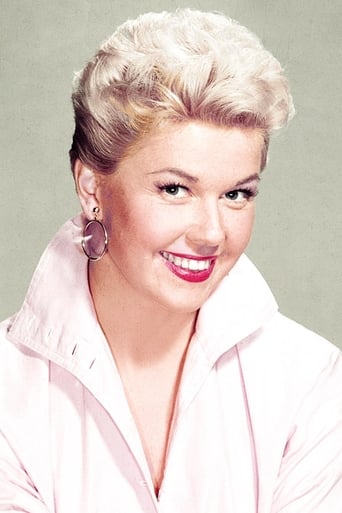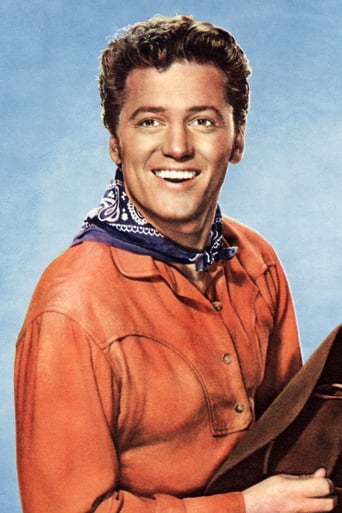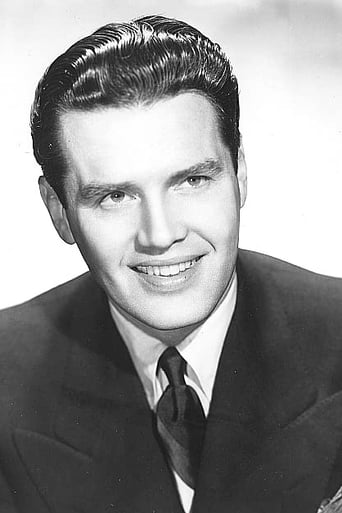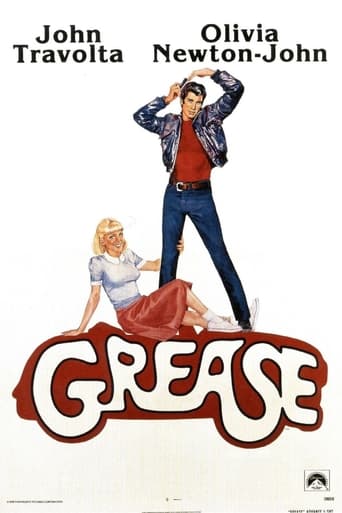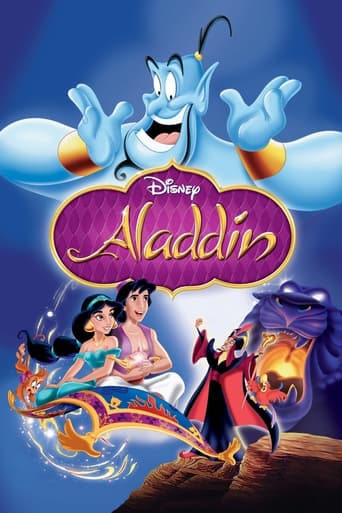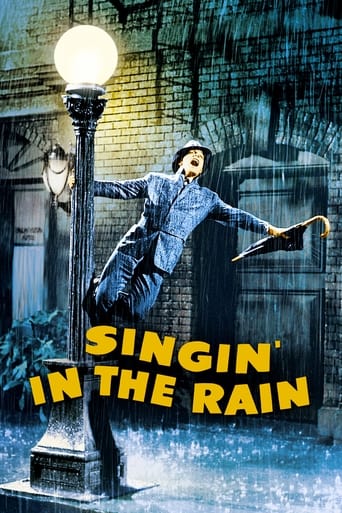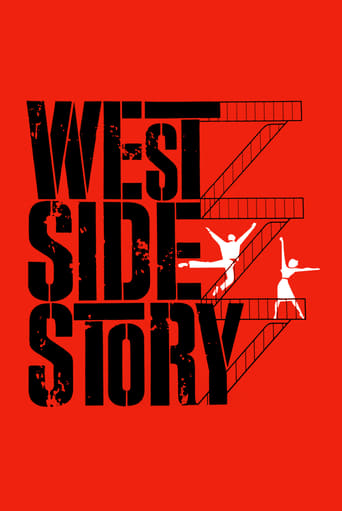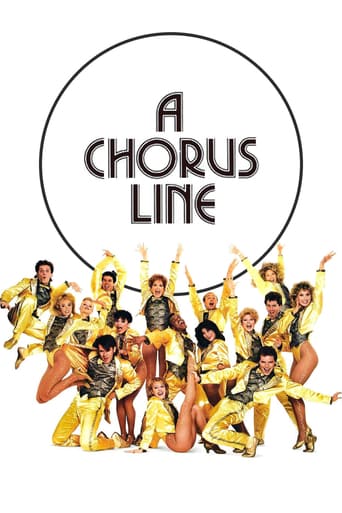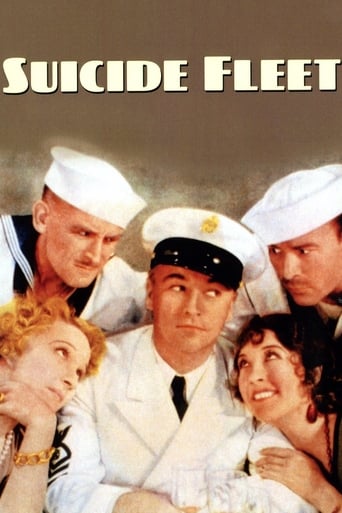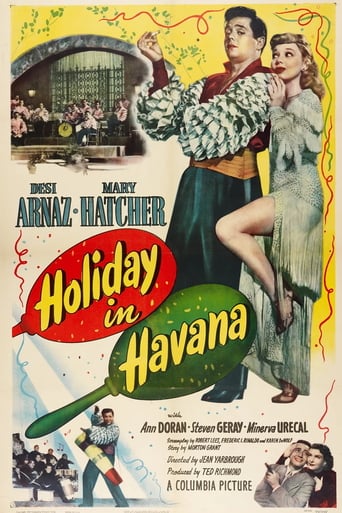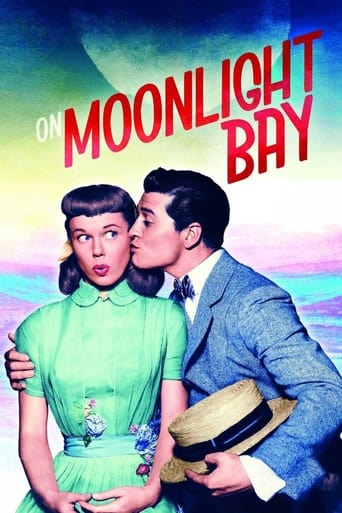
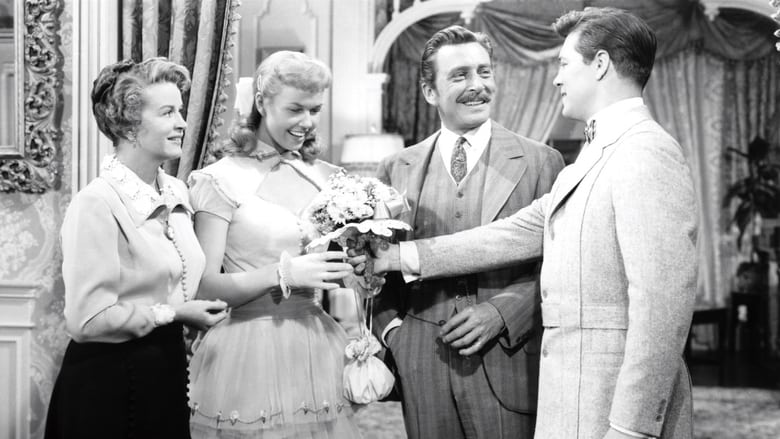
On Moonlight Bay (1951)
The Winfield family moves into a new house in a small town in Indiana. Tomboy Marjorie Winfield begins a romance with William Sherman who lives across the street. Marjorie has to learn how to dance and act like a proper young lady. Unfortunately William Sherman has unconventional ideas for the time. His ideas include not believing in marriage or money, which causes friction with Marjorie's father, who is the local bank vice president
Watch Trailer
Cast


Similar titles
Reviews
This would be a most enjoyable period musical if it weren't for the fact that Penrod has the lion's share of the action. True, some of this material is quite amusing. We like the cleverly directed sequence in the schoolroom with suspense supplied by an iris mask around a roving camera and an amazing bit of special effects work. But unfortunately Penrod out-stays his welcome. There's just too much of him. The script also lets interest suffer by being less taut than its sequel "By the Light of the Silvery Moon". In fact it's so episodic in construction, we can only conclude that the original Tarkington novel is more like a series of inter-related short stories.Now the movie's good points. Doris Day as usual is an absolute delight. She looks great in Technicolor and period costumes too. And she has a full repertoire of nostalgic songs and dances. MacRae also is in pleasant voice. We especially love the sequence in which he kids the title tune — "Must have been written by a guy with a glass of beer in one hand and a rhyming dictionary in the other!" Another scene to anticipate is his confrontation with the carnival sharpie (deftly played by Eddie Marr). Day's first meeting with MacRae is a gem. A pity the fun doesn't continue on this high level right to the fade-out but is sidetracked firstly by Penrod's more involved escapades and secondly by the script's descent into jingoism and bathos.Leading an especially strong support cast, Jack Smith makes a notable contribution to the fun. His work alone as Doris' relentlessly stuffy suitor makes the picture worth seeing. I like his singing too. Oddly, this is the only film I have for him. (Perhaps he was a TV identity).OTHER VIEWS: For pity's sake, here's a re-make of Penrod with Doris Day, glossy Technicolor and A-1 production values. Although she receives top billing, Doris actually takes second place to Penrod (now called Wesley and here band-box packaged without his little friend) and his occasionally bright but often boring family (Leon Ames, Rosemary DeCamp, and Mary Wickes of the running joke swinging doors). Penrod's scrapes rather than Marjorie's occupy center stage. They start off as humorous, but end up tedious. The script is not so much one or two taut plots, but a series of short stories strung very loosely together. Just when you think the proceedings have come to a merciful end, yet another story starts off.Undeterred, the players all act most enthusiastically through this slapstick charade. They play in fact as if their lines and characters were the funniest in the world. (In the early 1950s, funny families reached their zenith of popularity, both in the movies and on television. Compare Paramount's Dear Ruth series in which the Penrod changeling is a teenage Mona Freeman).True, the movie starts off most promisingly. MacRae sings the cornball title song with appropriate irony, but unfortunately this witty excursion is but a side trip from the more routine and often lackluster domestic mishaps to come.It's a shame that Doris has such a comparatively small part, too often playing second fiddle to Billy Gray. She does have some agreeable songs, however, though perhaps not as many as Mr. MacRae. What we do see and hear of her is most attractive.Although the direction is mostly smoothly routine, it does have its stylish moments. Photography, sets and costumes are suitably bright. Production values are breathtakingly glossy.In all, "On Moonlight Bay" would be a charming musical comedy if its makers had tried a recipe with a lot more music and a lot less "comedy". — JHR writing as George Addison.
I found this gem after searching for movies like "Meet me in St. Louis", it was listed as a movie made in the turn of the century era. This movie does compare to 'St. Louis'(in which Leon Ames also plays the father). It was amazing to see Doris Day and Gordon Macrae so young and fresh! Then there was a younger Mary Wickes(of numerable roles, standing out as Sister Mary Lazerus of 'Sister Act'), and behold Ellen Corby(grandma Walton of 'the Waltons' fame! Previous reviewers describe it perfectly! a Norman Rockwell, turn of the century, pre-WW1 movie, a gaslight romance perfectly wholesome. It's sweet and nostalgic.I am eagerly awaiting to see the sequel, 'By the light of the Silvery Moon'! If you like this style of movie, I recommend: 'It's a Wonderful life', 'Meet me in St. Louis', 'Life with father', 'Belles on their toes', 'The Bishop's Wife', and 'Shop around the corner'(1940).
This musical comedy focuses on the trials and tribulations of a family in a small Indiana town in early 20th century. There isn't much singing. There are only a few short songs that are not bad but not particularly memorable either. In fact, there isn't much of a plot either. It's episodic, playing like a sitcom without a laugh track. This was the third of five films in which Day and MacRae co-starred. They were both around thirty at the time - too old to be believable as teenagers. Ames does a variation of his role in "Meet Me in St. Louis," the classic that this one seems to be patterned after. Wikes is funny as the housekeeper. It's a light and inoffensive little film.
Without checking out reviews of the time it's pure speculation whether this blatant rip-off of Meet Me In St Louis went undetected. It's possible that critics and/or viewers weren't so analytical back then but against that is the fact that less than a decade had passed before the Musical Queen of the Warner lot went up against the ex (just) Musical Queen of MGM. There are clues a plenty; both were based on well-loved reminiscences masquerading as short stories - by Sally Benson and Booth Tarkington respectively; both featured charming (but with a touch of the 'cutes') American families; both were set in the Mid-West, Missouri and Indiana respectively; both featured Leon Ames as Banker patriarch; in both stories the girl of the family falls for the Boy Next Door (who, this time around has relocated to the Boy Across The Street); both families boasted an outspoken maid in the respective shapes of Marjorie Main and Mary Wickes plus a youngest member (Margaret O'Brien, Billy Gray) whose tall stories result in misunderstandings that lead to physical assault. Both even have snowmen for God's sake. In most cases the actors stand up well to their counterparts though Rosemary de Camp in the Mary Astor mother role would perhaps not have been as effective as Astor at playing 'bad' as Astor did in The Maltese Falcon. Mary Wickes has far more warmth and appeal than Marjorie Main, Gordon McCrae could sing better than Tom Drake and Gray had a slight edge on O'Brien. What the latter lacks is Minnelli's eye for color and decor and a score by Ralph Blane and Hugh Martin, relying heavily on tried-and-true numbers from the period (1917 against the 1903 of St Louis). Seen today it's highly watchable and competently done but overall I feel that Meet Me In St Louis would come off best in say another fifty years from now.


